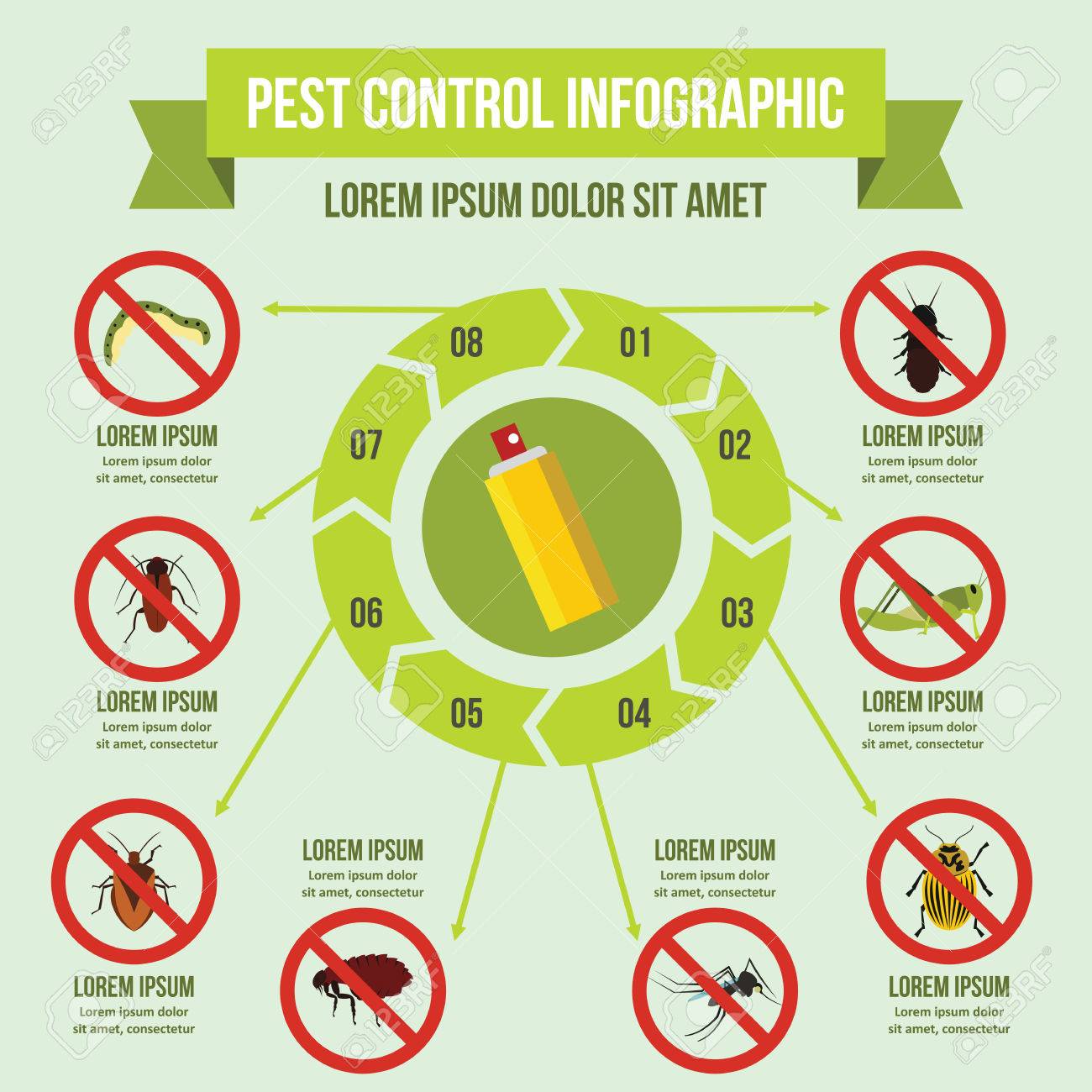Pest-Proofing Your Yard: Tips For Maintaining Outside Bugs Away
Pest-Proofing Your Yard: Tips For Maintaining Outside Bugs Away
Blog Article
Web Content Author-Dunlap Trujillo
Envision your yard as a shelter, an area of harmony and elegance. However, the existence of outdoor parasites can quickly disrupt this idyllic picture. What if there were basic yet effective means to maintain these unwanted visitors away and protect your garden sanctuary? By following a couple of practical suggestions and implementing natural strategies, you can develop an unified outdoor space where your plants can grow uninterrupted.
Natural Insect Deterrents
To maintain insects far from your yard normally, plant aromatic natural herbs like mint and lavender. These aromatic plants not just include appeal to your garden however likewise function as effective pest deterrents. Parasites like mosquitoes, flies, and also some garden-damaging pests are pushed back by the strong scents sent out by these natural herbs. Simply positioning them tactically around your yard can help develop a natural obstacle versus undesirable insects.
Along with mint and lavender, take into consideration growing various other herbs like rosemary, basil, and lemongrass to better improve your yard's pest-proofing abilities. These natural herbs not just act as all-natural repellents however also have actually the included advantage of working in food preparation or crafting self-made remedies.
Strategic Plant Placement
Consider the design of your yard and the types of plants you need to purposefully position them for maximum pest-proofing efficiency.
Begin by organizing plants with similar resistance to parasites together. By doing this, you can create an all-natural obstacle that discourages parasites from spreading out throughout your yard.
Furthermore, positioning pest-repelling plants like marigolds, lavender, or mint near more susceptible plants can help shield them. linked internet page , such as sunflowers or corn, can work as a shield for shorter plants versus insects like rabbits or ground-dwelling insects.
Remember to leave adequate space between plants to boost air blood circulation and decrease the risk of conditions that pests might lug.
Furthermore, take into consideration planting strong-smelling herbs like rosemary or basil near susceptible plants to confuse pests' detects and make it harder for them to find their targets.
Effective Parasite Control Techniques
For combating yard parasites properly, carrying out a multi-faceted bug control strategy is important. Begin by encouraging https://how-to-remove-raccoon-eye06173.actoblog.com/27641977/parasites-in-the-home-an-overview-to-wellness-hazards-and-how-to-prevent-them like birds, ladybugs, and praying mantises to assist keep parasite populaces in check. Introducing plants that attract these useful pests can assist in pest control. Additionally, practicing excellent garden hygiene by eliminating debris and weeds where pests might conceal can make your garden less congenial to undesirable visitors.
Consider utilizing physical obstacles such as row cover textiles or netting to safeguard prone plants from parasites like caterpillars and birds. Applying pest termite inspection like neem oil or insecticidal soap can additionally be effective versus particular parasites while being less hazardous to beneficial bugs and the atmosphere. It's essential to revolve your plants each season to avoid the buildup of parasite populations that target certain plants.
On a regular basis inspect your plants for indications of pest damage so you can act quickly. By combining simply click the up coming web site and staying attentive, you can efficiently regulate yard bugs and appreciate a successful, pest-free garden.
Verdict
So, there you have it - with the right techniques, you can maintain pesky outside insects far from your yard and help your plants thrive.
Did you understand that planting mint has been revealed to push back mosquitoes and other insects, decreasing the need for harmful chemicals by up to 60%?
By incorporating all-natural deterrents and clever planting techniques, you can produce a stunning and pest-resistant garden sanctuary for you to enjoy.
